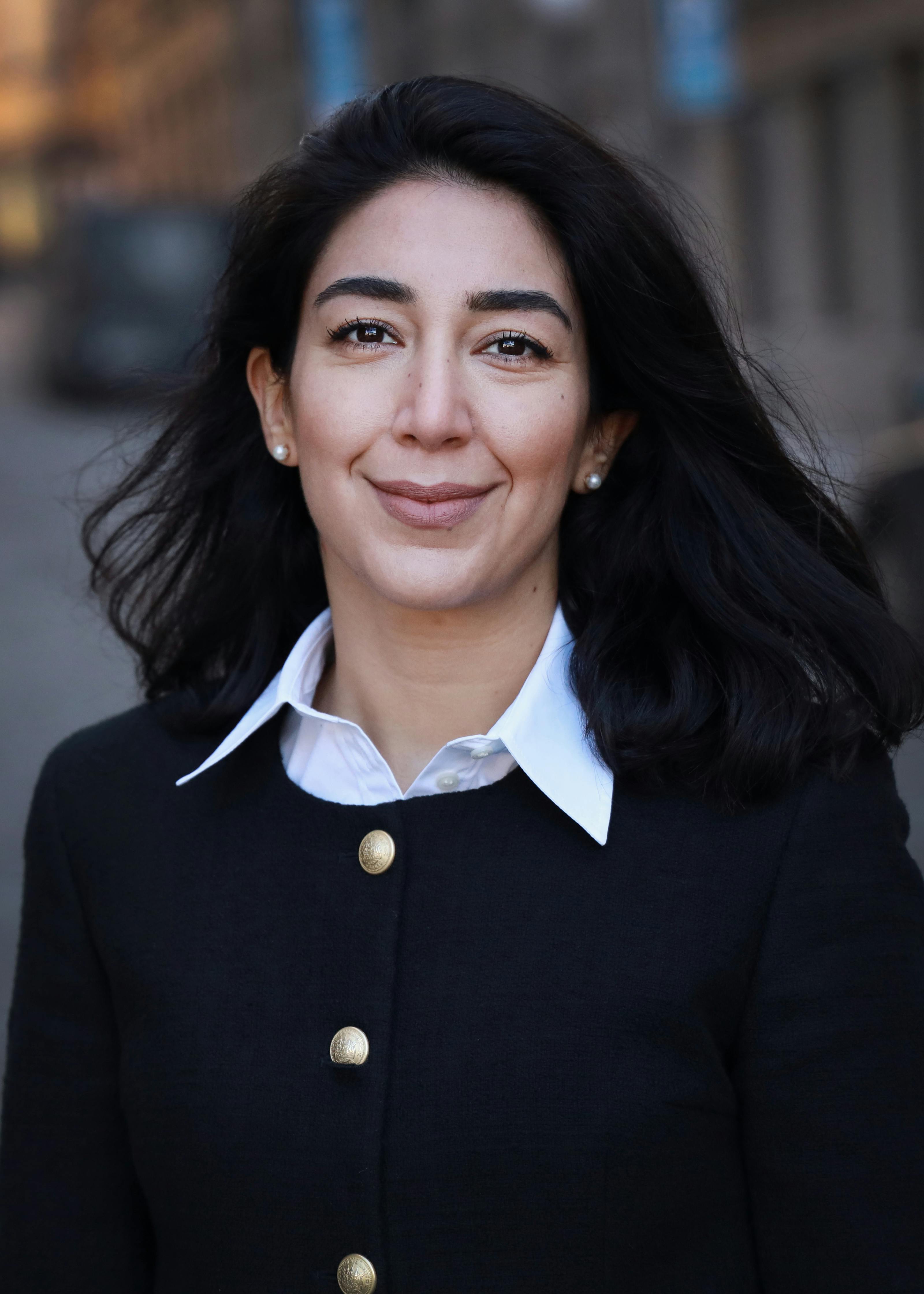"We need to introduce language requirements and language tests in healthcare, education and social care"
2025-04-22
3 quick questions with Lawen Redar

The Social Democrats will hold their congress in Gothenburg at the end of May. How important will it be for the 2026 elections?
The Social Democratic Party Congress is the party's highest decision-making body. It's where we decide on the policies we want to run on and our political priorities for the coming years. For us, this spring's congress is therefore our party's starting point for the 2026 election campaign.
You often talk about the common Swedish language as a key to successful integration. What needs to be done politically?
Community and social cohesion are necessary for societies to function. Social community is formed when people share a common language, cultural and historical frames of reference and basic social conventions. Of course, this does not preclude citizens having different ethnicities, traditions, religions or mother tongues. But a common language, norms and conventions must be seen as a kind of social infrastructure that enables a large number of people to interact and achieve economic, social and democratic development.
Being part of a community means taking part in the social culture that enables interaction and cooperation in everyday life: in residential areas, in associations, and that facilitates or is even required for the proper exercise of authority, democratic participation and public debate. Without the ability to speak, read and write the common language, people become strangers to their own society. Mastering the common language is a prerequisite for full participation in the community and democratic debate.
Politically, therefore, we need a new language policy in which Swedish is the main language in preschool, compulsory school and upper secondary school. We need to introduce language requirements and language tests in health, education and social care, develop language initiatives during working hours and reform SFI. We also need a policy to combat residential segregation.
The importance of culture for the community cannot be underestimated. At the same time, the cultural sector is on its knees and fewer and fewer cultural workers can make a living from their work. How do you want to support culture so that it can become the enabler of integration and cohesion it can and needs to be?
The government has set the lowest culture budget in relation to the scope for reform in almost 20 years. As a result of a tight cultural budget, rising costs and inflation, the number of people registered with the Kultur Media employment service has risen by over 40% and the number of unemployed by over 60% in two years. Many arts and culture professionals are switching sectors and retraining, and these are not reflected in the statistics. This is really bad at a time when cohesion and trust between people need to increase. I want to see an active cultural policy with increased funding at national and regional level, security systems for art and culture creators and targeted measures for children and young people such as reduced fees for cultural schools, sports activities, participation in civil society and youth movements. In addition, I do not want to see a dismantling of popular education that leads to fewer and fewer meeting places and weakened access to culture throughout the country.
Lawen Redar, the Social Democrats' spokesperson on cultural policy, was interviewed by Tobias Eke Vestergren, Senior Consultant at New Republic. “3 quick questions...” is an interview series conducted by New Republic.